WILLEBROEK, Belgium – As I strolled through the sprawling Belgian scrap yard, the term “urban mining” echoed in my ears. The sight of discarded washing machines, heaps of construction debris, and worn-out vehicle parts painted a vivid picture of Europe’s recycling efforts.
Amidst the hustle and bustle, a colossal metal shredder stood silent for a moment. Trucks shuttled back and forth meticulously organizing metric tons of aluminum and steel fragments. These materials held promise – a chance to be melted down and repurposed into new products. It was an unglamorous yet crucial operation.
“We are shooting ourselves in the foot,”
voiced Aurelio Braconi, Eurofer’s director for stainless steel and raw materials, lamenting how Europe inadvertently supplied recycled metals to global competitors who then undersold them back to European markets.
The repercussions were dire for Europe’s heavy industries already grappling with soaring energy costs and fierce competition from abroad. The recent spike in global demand for scrap metals had inflated prices dramatically. Manufacturers clamored for Brussels’ intervention to stem the outflow of recycled metals.
“Scrap leakage creates a missed opportunity for Europe’s decarbonization… ambitions,”
warned industry leaders in a plea to the European Commission to safeguard domestic metal supplies.
The tug-of-war between heavy industry advocates pushing to restrict exports and recyclers defending their business models underscored a deeper crisis looming over Europe’s industrial landscape – a decline that not all sectors could weather.
European steel producers faced an uphill battle against rival markets offering cheaper alternatives. The escalating energy costs post-Russia’s Ukrainian invasion exacerbated their plight, making European products less appealing globally.
As policymakers grappled with strategies to revive heavy industries under the Clean Industrial Deal framework, questions loomed large over sustainability and competitiveness. Should Brussels shield its core industries or embrace global shifts towards greener practices?
Expert voices like Heather Grabbe from Bruegel cautioned against knee-jerk export bans on scrap metals as a cure-all solution. She emphasized that addressing root issues like high energy prices remained paramount for sectoral recovery.
Balancing economic imperatives with environmental goals posed a conundrum for EU authorities navigating competing interests within the industrial ecosystem. While industry stalwarts championed protectionism, others advocated for broader climate considerations beyond European borders.
In this intricate dance between preserving jobs and fostering innovation lies Brussels’ dilemma – whether to fortify local industries at all costs or foster sustainable growth within interconnected global markets.



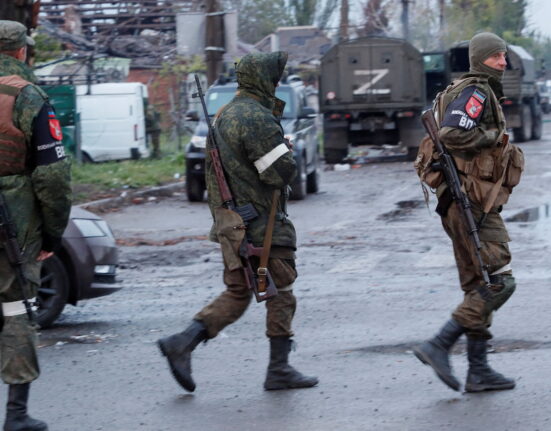
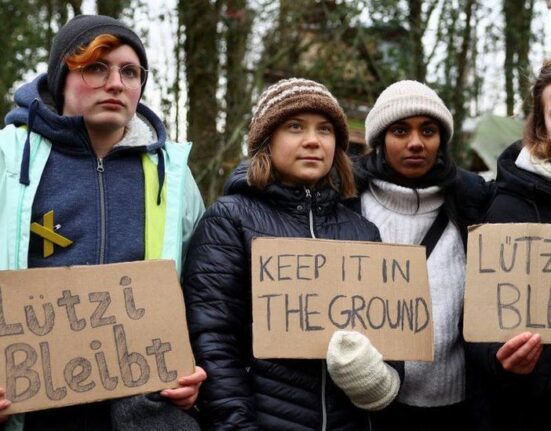
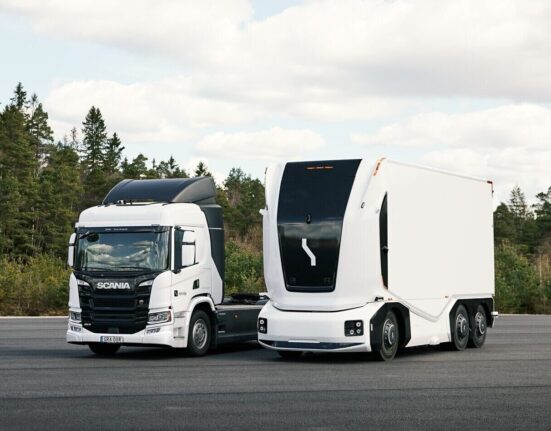
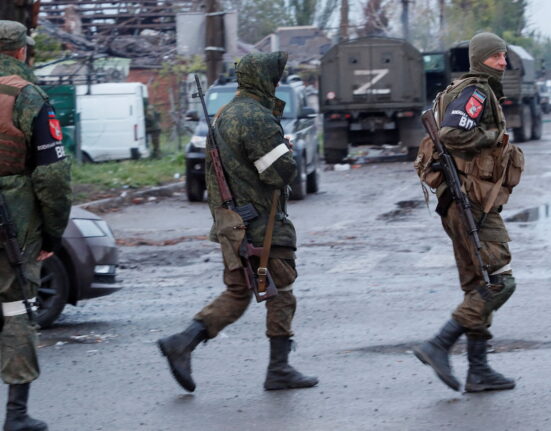
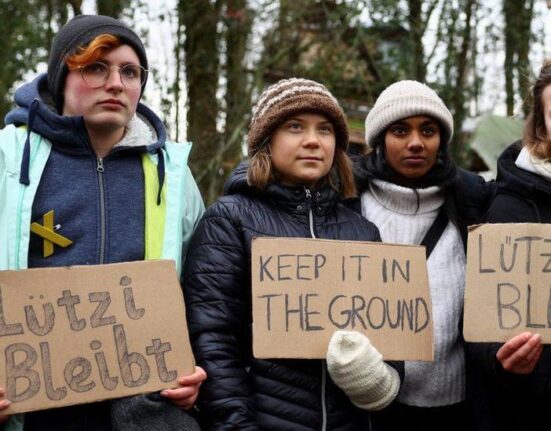
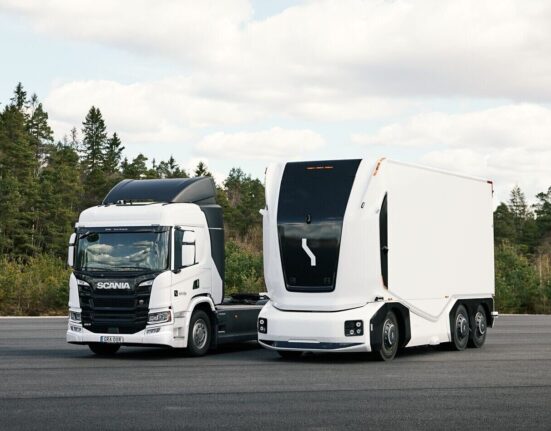
Leave feedback about this